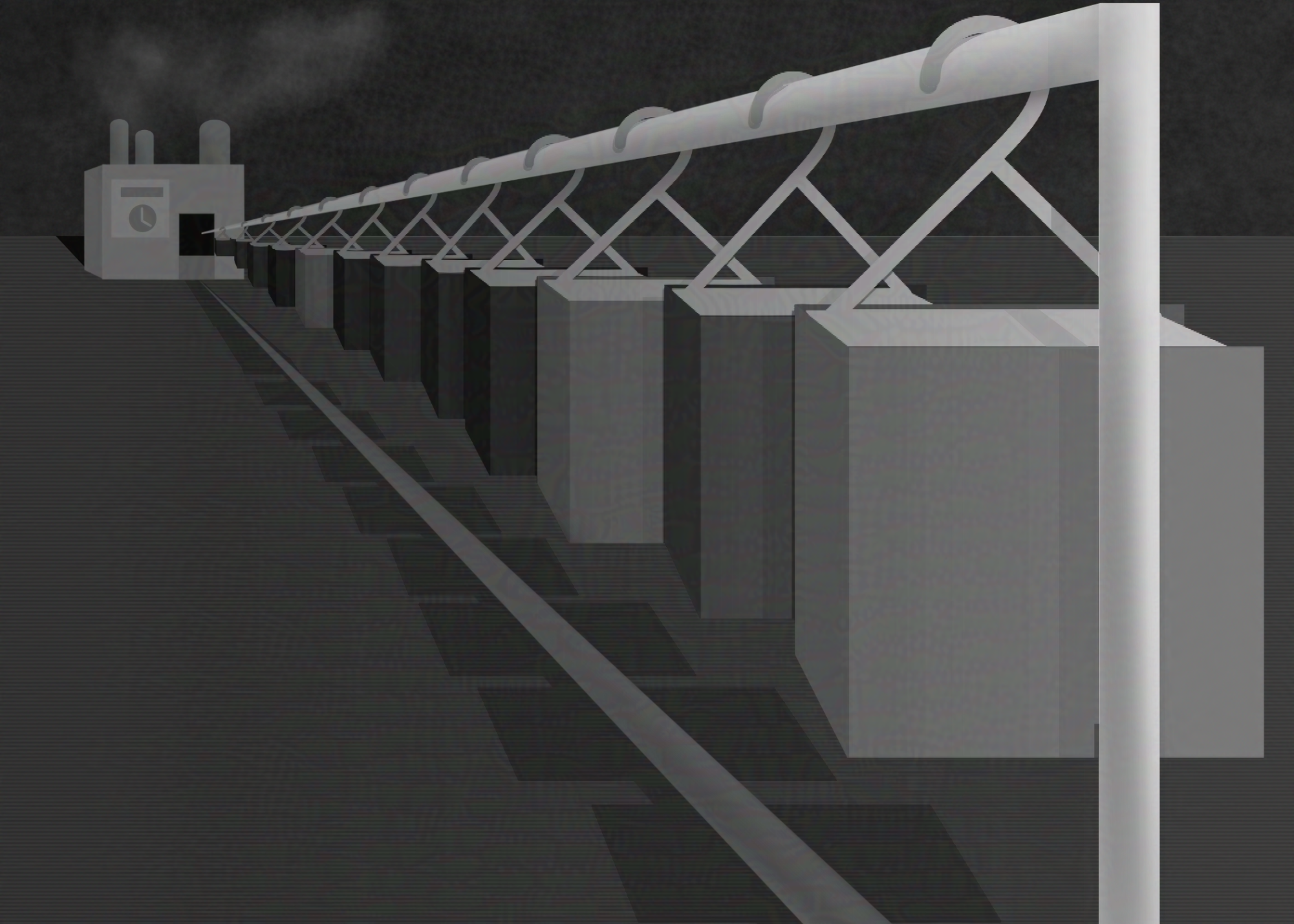Fashion
Is the Book Industry Becoming the New Fast Fashion?

As we’ve grown aware of the harmful effects of fast fashion and its damaging consequences, we should also start paying attention to a similar path that the publishing world may be taking: “fast publishing.”
We all know the time it takes to write a book can vary widely. Many factors, such as research, revisions and the complexity of the story, influence how long the process takes. Still, writing a book is no piece of cake and not everyone can publish as quickly as Stephen King. Good things take time. Are we sacrificing thoughtful, carefully crafted literature for the sake of more options and quicker sales?
With the marketing influence of TikTok and other social media platforms, it seems the publishing industry today is more focused on producing a high volume of books quickly, rather than prioritizing quality.
Gen Z is constantly described as the “impatient generation,” having grown up with instant access to everything at the tap of a screen. A generation with a short attention span and concentration difficulties. It seems like the lengthy publishing process does not fit with the consumer characteristics of Gen Z. We don’t want to wait for the next book of our favorite series; we want it now. And if we don’t get it quickly, we may lose interest and move on to the next viral recommendation on #BookTok.
This is where the publishing industry steps in, trying to adapt to our fast-paced demands. According to Berrett-Koehler Publishers, the U.S. publishes approximately 3 million new titles every year.
“And here is the truly shocking figure: the annual number of new titles published each year has grown by more than 10 times in the past 16 years.” Steven Piersanti, senior editor at the company, said.
New content can be exciting, but rushing to meet consumer’s demands can lead to lower-quality books and a higher chance of errors.
An example of this was with the publishing of the book “Iron Flame,” a book ranking on The New York Times bestseller list for more than 66 weeks In last year’s New York Comic Con, Rebecca Yarros, author of the series, promoted the launching of her very anticipated book. But something unusual happened during its release, Yarros couldn’t remember the proper way of pronouncing the Scottish Gaelic words from her own creation.
The viral conversation and critique began with TikTok users who felt offended by the careless pronunciation of American speakers, especially as this error came from the author herself. Which highlighted the lack of respect toward minority languages.
Can you imagine J.K. Rowling forgetting details about Harry Potter? Probably not. The beloved series took 17 years to create. That kind of extended creative process feels almost unimaginable today. Whether it’s clothes, music, movies, TV series or books, today’s market no longer supports long-term production timelines.
In a TikTok, Jessica Karl, a Bloomberg Opinion columnist, asked, “Are we headed in the wrong direction? Is BookTok propelling this in some way inadvertently? Is this sort of culture of consumption, this `I have to read everything,´ `I have to pick up every book that they’re talking about,´ making us head in the wrong direction?”
Our impatience for more content may be causing a cycle of mediocrity and rushed production. We often reminisce about the good old days and criticize the lack of originality in today’s remakes, yet we might be contributing to the problem by demanding more content without first considering the real process behind production.
The pressure of our impatience drives publishers to develop strategies that quickly respond to retain the interest of their consumers — us, the readers.
So, the next time you’re in a hurry to pick up a new book or frustrated with the wait for the next release in your favorite series, take a moment to consider the process behind its creation and remember: Good things take time.










